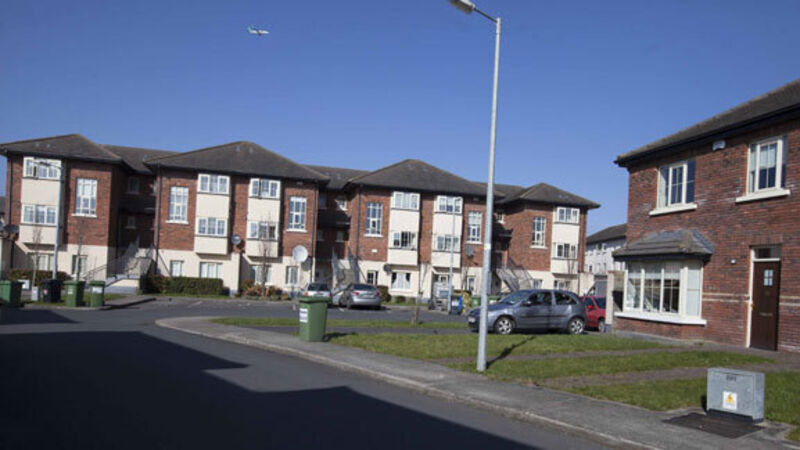Vulture funds attracted by fresh growth

I am not referring to the vulture funds who have been virtually gifted massive loan books by Nama and some of the other banks that were not caught in the tentacles of Nama, but rather to some of the trade unions who have emerged from the woodwork in recent weeks and who are now making outrageous pay claims.
I allude to the fact that the Government may be to blame because, in the run-up to the election, it trumpeted the great job it has done in creating the fastest- growing economy in the EU.
















